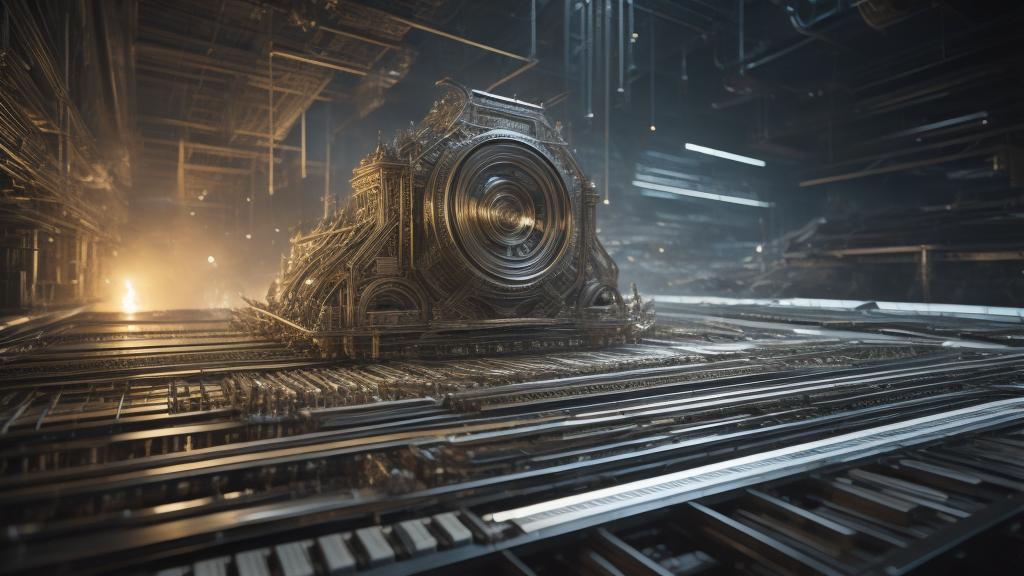The journey of film music is a tale as dynamic as cinema itself. Early silent films relied on live orchestras or pianists to infuse emotion into the storytelling. Each screening was an event, where musicians improvised to match the film's narrative, creating a unique experience every time. This practice laid the foundation for the significant role music would play in films for generations to come.
With the advent of the 'talkies' in the late 1920s, the need for more structured and repeatable music became evident. Composers began crafting scores that were synchronized with the film, adding layers of depth and emotion. This period saw the rise of Max Steiner, often regarded as the father of film music, with his groundbreaking work on films like 'King Kong' (1933) and 'Gone with the Wind' (1939). His technique of using leitmotifs—musical phrases associated with characters or themes—became a staple in film scores.
The Golden Age of Hollywood brought about a revolution in film music, with composers like Erich Korngold, Alfred Newman, and Bernard Herrmann pushing the boundaries of what film scores could achieve. Herrmann's collaboration with Alfred Hitchcock, especially on 'Psycho' (1960), showcased how music could heighten tension and fear, altering the audience's emotional response to visual stimuli.
As technology advanced, so did the tools available to composers. The 1970s and 1980s saw the rise of iconic themes from John Williams in 'Jaws', 'Star Wars', and 'Indiana Jones'. His ability to create memorable and emotionally resonant music elevated the role of the film score to a critical component of a movie's success. Simultaneously, electronic music pioneers like Vangelis and Wendy Carlos began exploring synthetic sounds, bringing a new dimension to scores in films like 'Blade Runner' (1982) and 'A Clockwork Orange' (1971).
The digital age has continued to transform film music. Computer software and advanced recording techniques have expanded the possibilities for composers. Hans Zimmer, known for his work on films like 'Inception' (2010) and 'The Dark Knight' Trilogy, utilizes a blend of traditional orchestration and electronic elements, creating powerful, hybrid scores that drive narratives in contemporary cinema. The accessibility of technology has also allowed for innovative approaches, such as Trent Reznor and Atticus Ross's minimalist, ambient scores in 'The Social Network' (2010) and 'Gone Girl' (2014).
Moreover, the globalization of cinema has brought diverse musical influences into mainstream film music. Composers like Tan Dun, with his Oscar-winning score for 'Crouching Tiger, Hidden Dragon' (2000), and Gustavo Santaolalla, known for his work on 'Brokeback Mountain' (2005) and 'Babel' (2006), have introduced audiences to distinct cultural sounds, broadening the auditory horizons of film music.
Looking forward, the future of film music appears limitless. The integration of artificial intelligence and machine learning offers intriguing possibilities for composing and arranging music, potentially creating scores that adapt in real-time to a film's narrative. Virtual reality and augmented reality technologies could further transform the way audiences experience film music, making it an even more immersive and interactive component of the storytelling process.
Film music has certainly traveled a long way from the silent era, continuously evolving in response to technological advancements and shifts in cinematic techniques. As we look back at its rich history, it's clear that the power of music in films lies in its ability to transcend language and cultural barriers, tapping into the universal language of emotions to tell stories that resonate deeply with audiences worldwide.
Exploring the evolution of film music: from silent films to digital scores

